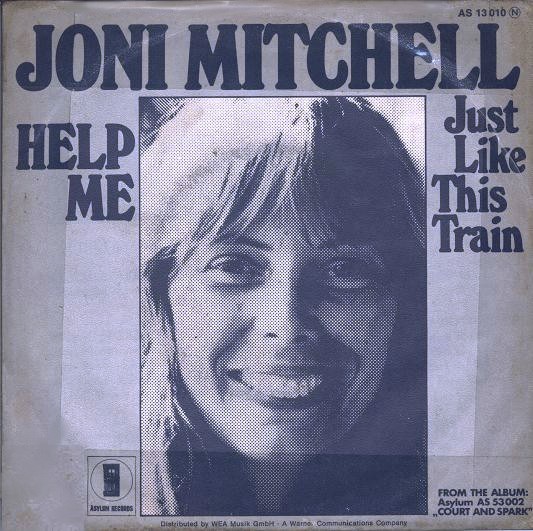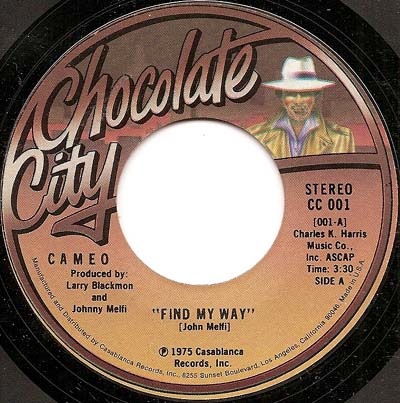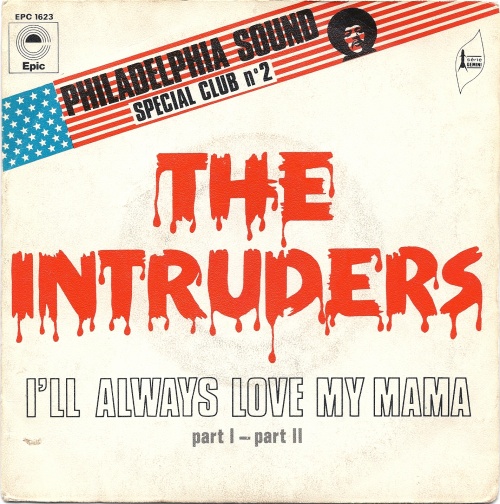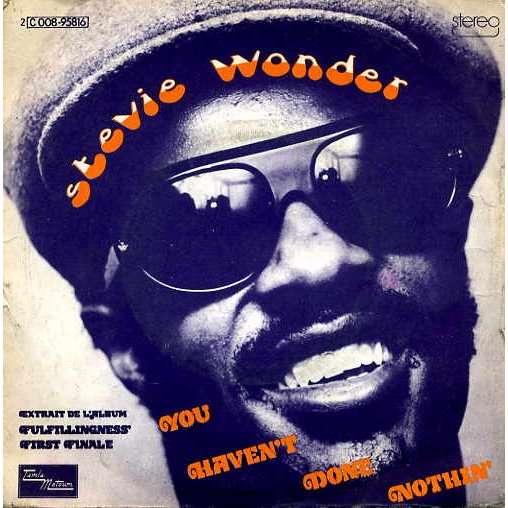Art
Garfunkel's version of "
I Believe (When I Fall in Love It Will Be Forever)"
opens his dreamlike album
Breakaway. Released in late 1975, the album
featured the first new Simon & Garfunkel collaboration in five years,
"My Little Town," which also appeared on Simon's
Still Crazy After
All These Years. "My Little Town" received near-constant radio
airplay at the end of 1975/beginning of 1976.
Less
ubiquitous was this song, which was not released as a single. I love the Stevie
Wonder version, the final cut on Talking Book, and rarely consider
remakes of his works worthy. However, I think Garfunkel does the song justice.
The Richard Perry-produced material is a little overwrought, but not
incongruously so given the subject matter.
The
song was written by Wonder with then-sister-in-law and occasional songwriting
collaborator Yvonne Wright (sister of the late Syreeta).
In Cusp the song plays on the car radio as Karen and Mark
leave Playland Beach after spending all night there talking. Like many songs,
she hears it as a message. "It makes me want to cry but doesn’t seem to
affect Mark at all." Sadly, it takes more than just believing for love to last
forever.















